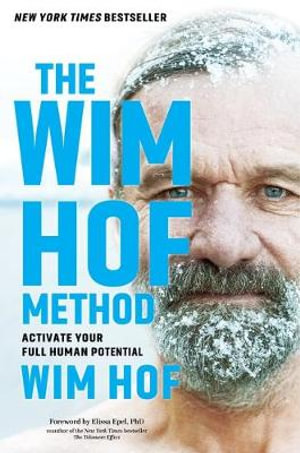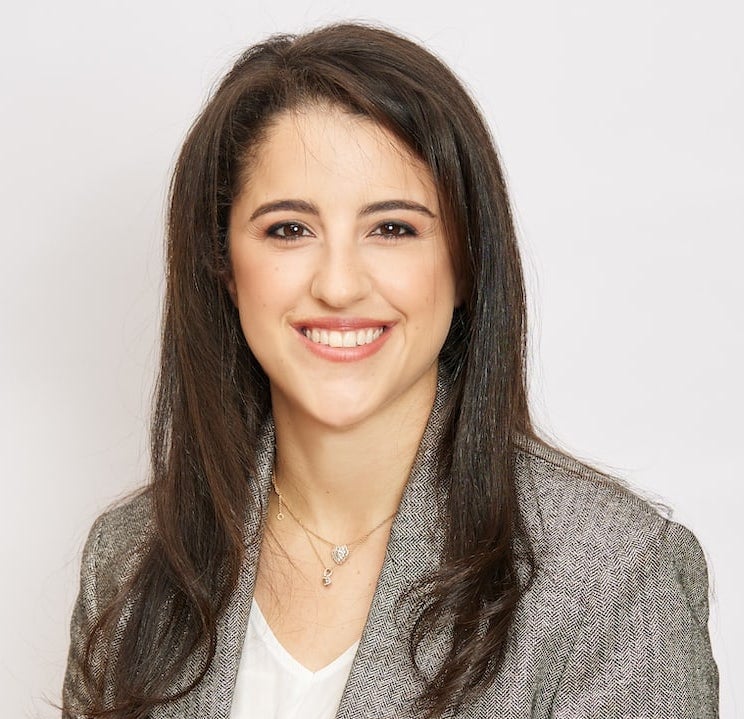Welcome to you MCI May Wellbeing!
In this post we will focus on personal energy and personal energy management offering you some tips and support to maximise your personal energy levels on a day-to-day basis.
Energy
Most people can relate to energy in its physical form as taught in schools. It is a topic that is often discussed in the media where politicians and other interest groups call for the switch from dirty (polluting) energy – typically provided by resources such as coal – to cleaner energy from sources such as wind, solar and water (less polluting).
Regardless of the energy form – dirty or clean, energy is something fundamentally needed to support and sustain us daily. Just think about the electrical energy – that silently, reliably, and conveniently supplies the exact amount of electricity to our household appliances and machines from fridges to computers.
Now let’s discuss the energy our bodies use every day to keep us alive, well and functioning…
Personal Energy
.png?width=554&name=Personal%20Energy%20Management%20(1).png) What is personal energy? And what do we mean by energy in the context of our personal lives? Let’s look at a definition of personal energy.
What is personal energy? And what do we mean by energy in the context of our personal lives? Let’s look at a definition of personal energy.
According to Oxford Languages, Oxford Press, 2020 – personal energy is… “the strength and vitality required for sustained physical or mental activity.” You might ask SO WHAT does this mean?
One answer might be phrased in the form of the following question – Would you not like to have more energy for your daily activities? Would you not like to be like one of those people who behave like supercharged batteries – the small minority of ‘robots’ who work long, productive hours, socialise and party actively, and yet still have plenty of capacity for their family and personal lives. I know this is something – we the authors – would like to have MORE of. More energy? Yes please!
This then leads to the title of this month’s Wellness Newsletter, Personal Energy Management
Personal Energy Management
Let’s kick off with a definition…“Personal Energy Management is about being aware of how much mental and physical energy you have throughout your day to do your planned activities” - Elizabeth McGrory, Author, Speaker, Life Coach, 2019.
The Harvard Business Review positions Personal Energy Management (PEM) nicely in the October 2007 article – “Manage your energy, not your time” written by Tony Schwartz, CEO of the Energy Project and author of “The Way We're Working Isn't Working” and Catherine Dr. Catherine McCarthy, Clinical Psychologist and Associate Fellow of the British Psychological Society.
Click to see Tony’s TED talk at:
Acknowledgement of Authors
The following content and extracts, if not formally accredited in the text, recognise and acknowledge the authors from the article mentioned above. The science of stamina has advanced to the point where individuals, teams, and whole organizations can, with some straightforward interventions, significantly increase their capacity to get things done according to Schwartz and McCarthy.
The Way we are working – is NOT working!
As the demands of the workplace keep rising, many people respond by putting in ever longer hours, which inevitably leads to burnout that costs both the organization and the employee. Meanwhile, people take for granted what fuels their capacity to work—their energy. Increasing that capacity is the best way to get more done faster and better. The Answer is… there is no answer! But there are tools and here they are according to according to Schwartz and McCarthy.
The fundamental insight is that energy demands will increase – that’s a given – so the only answer can be is to … not cut down on energy expenditure but to learn to renew energy all the time, so it is always around to meet demands. Here, at a high level, are what Schwartz and McCarthy are useful tools for renewing energy. Just like a high-performance athlete races (spends energy) and then rests (renews energy) and then races again. So, we should learn from this.
1. Build specific rituals into our daily schedules to balance intense effort with regular renewal. These might differ from person to person.
2. Balance taking care of others - with taking care of ourselves.
3. (think of the oxygen masks and protocols followed on airplanes in an emergency – “put your mask on first”)
4. Learn to love yourself more– this means loving both the best and worst of ourselves and means trying hard and then letting go – what happens after you have given it all you have got – is not your responsibility.
5. Link what you do every day with what is important to you and your vision for yourself in the world. For instance, if you love painting – see how your job, your studies and the things you do enable you to afford to focus on this love and passion both now and will facilitate it in the future.
6. Be present in everything you do. This means focus on the here and now without distraction until you are complete. Then move onto the next thing and focus there 100%.

- Wim Hof
- A leading-edge exponent and guru in the fields of health, resilience and energy management is the Dutchman, Wim Hof. Wim Hof, also known as The Iceman, is a Dutch extreme athlete born in the Netherlands in 1959 (making him now 62). Wim Hof it noted for his ability to withstand freezing temperatures and has set Guinness World Records for swimming under ice and prolonged full-body contact with ice, and previously held the record for a barefoot half marathon on ice and snow.
Wim Hof promotes the protocol called the Wim Hof Method which has three basic parts:
- meditation
- breathing exercises, and
- cold exposure.
Specifically, at it applies to energy management: “You are your energy manager. When you control your breathing, you can go into your cells and increase the amount of mitochondria, which will increase your energy, creativity and decision-making skills” – Wim Hof, Fundamentals, Wim Hof Method video courses.
The following video shows how energy is instantly increased exponentially on the physical level where a student doubles the amount of strength he has – as shown in a simple push up demonstration - simply by introducing some focused breathing.
Click below:
So, Wim Hof seems to have the answer to many of our modern-day challenges, namely:
- Illness prevention
- Wellness promotion
- Vitality creation
- Creativity enrichment; and
- Mitochondria stimulation (energy producing part of our bodily cells) and with this… energy enhancement!
Applying these principles as students at MCI
So, what is the bottom line? How is this relevant to this MCI Newsletter? How can you apply some of these principles as a student at MCI to be more successful, happier and energy balanced?
1. Plan time to study and when studying, be focussed and do it a 100% in the schedules time. When studying try to limit other distractions if possible. You may need to turn off the tele etc. if that distracts you.
2. Make your study area a comfortable learning place so it is easy and nice to be in that space. Some people study better at different times of the day. There may be a time of day that you are more effective when studying. You may consider studying at times when you are most effective.
3. Balance energy expenditure with energy renewal - take regular breaks whilst studying. Go for a walk in the park, potter around in the garden or somewhere else nice if you need some time out from your studies.
4. On the topic of renewal, build in regular breaks to do those activities that refresh and renew you – exercise, meditate, sleep, eat, play etc.
5. Link your studying to your greater goals and ambitions. Use the support resources available to make these linkages. Reach out and ask your mentor about your course timeframe and number of units to be completed to help you to create your own personal study timetable to achieve your goals. Write down your course timeframes and have it visible as a reminder to yourself.
6. Reach out for support before your stress levels increase and burn out starts to kick in. You may want to consider joining the MCI Student Facebook so that you can connect with students and share ideas with those who are going through the same journey.
7. Be creative – keep your mind open – for what best works for you to be the best and most energised person you can be. Experiment – try the Wim Hof Method. Wim Hof offers a very good free introduction that in and of itself teaches you the essence of his lifelong work and can be very effective. Just click here.
8. Go back to basics – it seems like Mum was right all along. There is no substitute or eating healthily, sleeping well and exercising regularly.
9. And finally, have FUN. Yes, be responsible and yes, life can be super challenging – but find the FUN in it. If you look hard enough you will find it. – and the more you do that – the easier and quicker it will be to do it next time.
If you would like to talk to a MCI Wellbeing officer, please click below:
All the best!
.png?width=600&name=Personal%20Energy%20Management%20(4).png)
Disclaimer:
The information provided is not intended to be a substitute for professional medical advice, diagnosis or treatment. Never disregard professional medical advice, or delay in seeking it, because of something you have read in this Newsletter. Never rely on information in this Newsletter in place of seeking professional medical advice.
.png?width=113&name=MCIinstitute_RGB_Color_Black-01%20(2).png)

.png?width=600&name=Personal%20Energy%20Management%20(2).png)

.png?width=600&name=Personal%20Energy%20Management%20(3).png)


